#JOIN US ON THIS JOURNEY
Explore tagged Tumblr posts
Text






favourite bang chan fancams 3 / ∞ [ 200709 mcountdown - easy ⋆ ]
#stray kids#skz#staydaily#createskz#bystay#staysource#bang chan#bangchan#channiesnet#3rachasource#userlau#usersa#:mine#t:gif#sayang#s:favchancams#t:fancam#tw flashing#look at the chanarms look at em#he has a different aura in this idk how to explain it#like oOOoh okay mr bad boy WOAH!!#on a different note they should bring back skinny jeans#i grew up in the 2000s i can and will not let go of the skinny jeans + sneakers combo#anyway IM LEARNING A LOT thanks for joining in my gif-ing journey guys#used vapoursynth again and i think i finally figured it out?? a bit. idk its complicated and im dumb asf sobs
178 notes
·
View notes
Note
A little misty told me you have a sinner oc and I haven’t been able to find an oc tag or anything, so please tell me about em or gimme the tag or whatever you’re comfy with!
-Ink Anon
OHHH HI!! I don't really have a tag for her here because I haven't actually posted her much on this account and I'm always really shy about fan ocs but 👉👈 i'll put most info/extra drawings under the readmore, a lot of her outfit/design is still a wip so forgive the messiness

Meet Captain Nemo! She's based directly around Jules Verne's Nemo of 20,000 Leagues Under The Sea/Journey Through The Impossible/The Mysterious Island! She is an extremely intelligent and knowledgeable woman, but alternates often between calculated aloofness and bouts of impassioned agitation and can occasionally be provoked into furious outbursts, especially now that she's been dredged up from hiding.
She's got a very complicated past with many fixer associations and syndicates alike, and her place of origin is a complete mystery, as is her real name and reason for why she's so averse to life in the City and disdainful of it's many rules. Whatever it is that caused her to be this way is what pushed her to craft the Nautilus, her beloved magnum opus made of various tech from all across the City. She originally intended to use the ship to completely escape the City and it's rules, but due to mysterious circumstances that she refuses to speak on, the ship and much of it's crew have disappeared without a trace.

Her distinct habits include introducing herself to strangers by a wide variety of pseudonyms, a knowledge of many languages and codes, her general quietness unless something directly involves her input or expertise, smoking very particular cigars, and a strong dislike and surprising inability to remain impartial when matters of the impoverished people (especially children) of the Backstreets are involved.
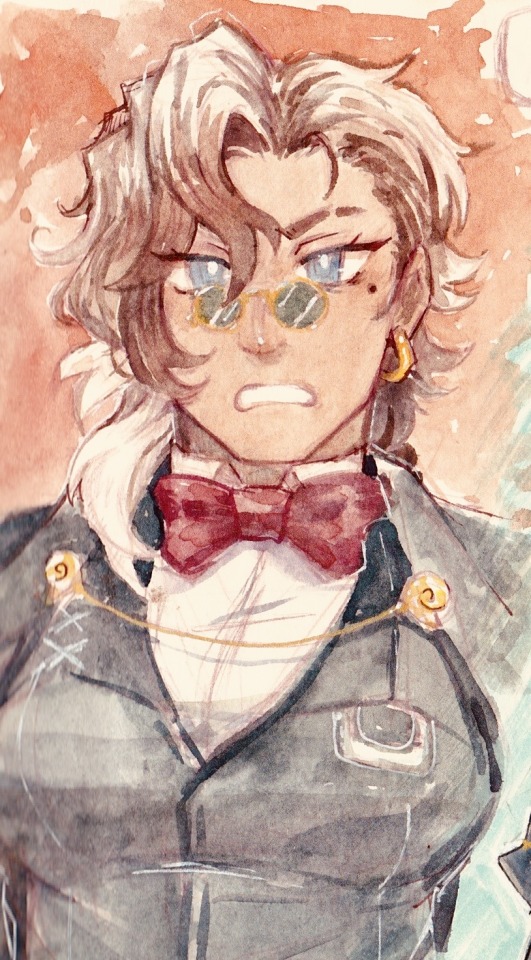
As for actual gameplay, Her base ID does slashing Gloom and Pride, with some applying bleed count and others applying rupture potency. Her weapon, Nautile, is composed of three chakrams inlaid like an astrolabe, with the largest having a handle in the middle. It seats into a glove on her right hand, but can also connect to either side of a tactical harness she wears and can be hidden by her LC coat in case she doesn't need it ready! Her base E.G.O., Infini Vivant, is Wrath affinity and themed upon the electric ampoule-based gun Captain Nemo used to hunt underwater, and does piercing bleed damage and adds rupture count.
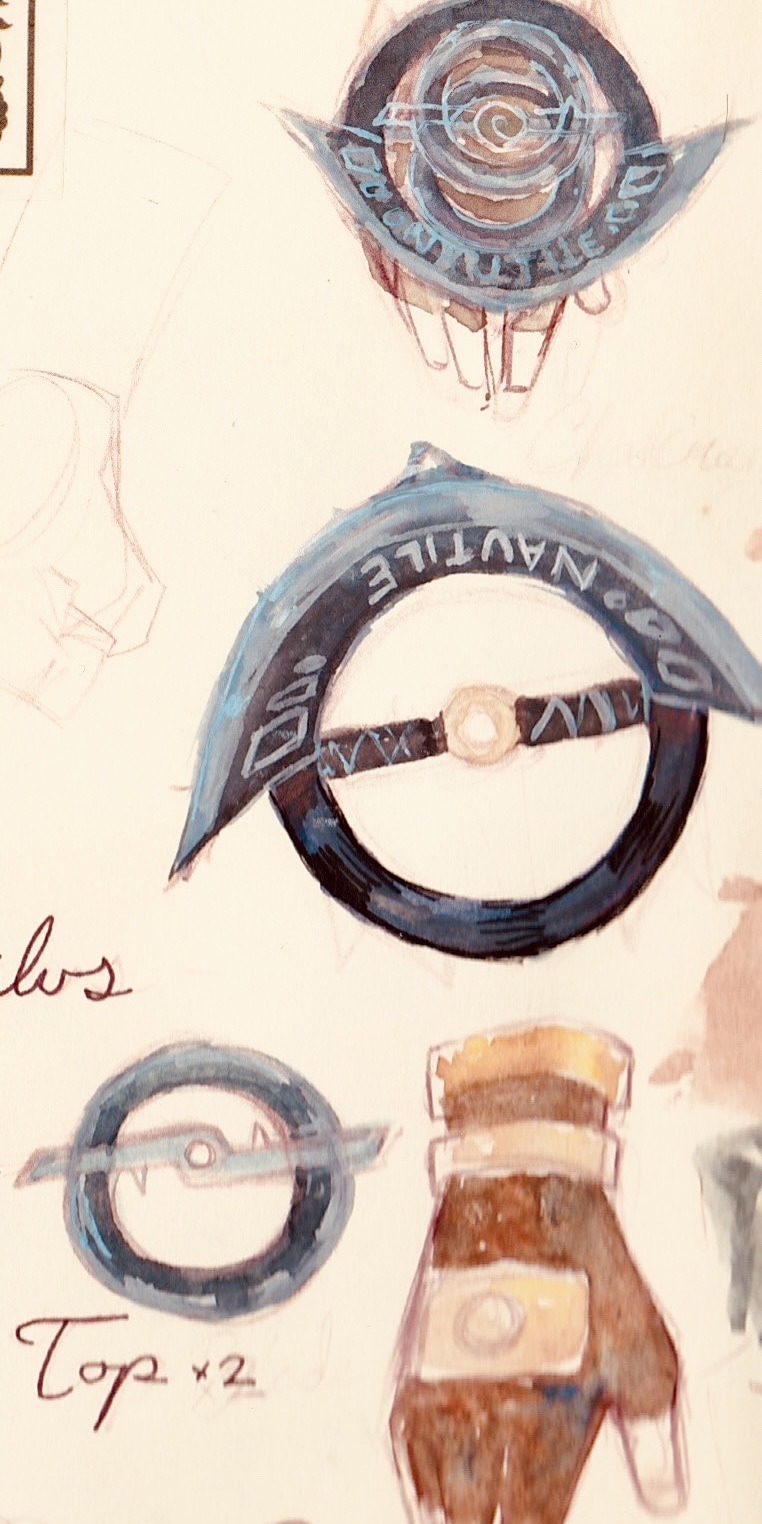
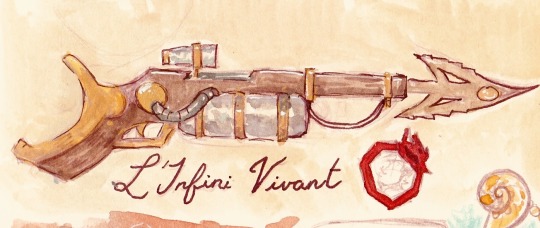
Although I like to think of scenarios where she would interact with canon sinners (she would have a preference for those like Ishmael and Meursault and a dislike of those like Outis and Hong Lu), she's more treated as a Sinner who exists in a noncanon smaller mobile unit dedicated to working with the LCD and handling things like Monoliths and Distortions.

#nemo (lcb oc)#things like her icon her theme color her mugshot and actual stats are still wip ofc#She would have egos like contempt awe screwloose wallop and solemn lament#Ids she would have include Zwei South Cinq Section 5 and Dieci Director#She also coexists as a Warhammer 40k Rogue Trader oc with a leaning towards being heretical but shhhhh#and#uh. to slightly spoil what's happened to her ship. she was using experimental tech to evade detection from the Head and Hand#but it's also activey causing a distortion issue. much of her crew has distorted and the ship itself is on the verge of collapse.#she's joined Limbus Company in the hopes of sorting that out and intends to leave as SOON as her ship is fixed#And. rapid fire: her demian is arronax yes she is single but she is widowed and yes i think she should distort#she alsp would rather you call her Captain Nemo. Captain. Or Sir.#(she still kinda misses arronax and thinks of them fondly. weird yuri GO)#thanks for asking!#sorry if this is long ive been thinking about her n rereading her source bc jules verne has been one of my fav scifi authors ever since#i was leetol. i need the world to know my love#btw the hardest part of her design was that lc's colors are black white and red.#but imo her gear needs to be steampunky. so ive had to compromise#and. funfact. she was crafted bc the other sinner idea i had was another verne book. journey to the center of the earth#ehehehe i see one of my partners sent you! hiiiiii
53 notes
·
View notes
Text



zomg... the girls! Sketched out! And a few characters I never showed designs for! haha! I keep thinking about the beach, so this is their swimwear.
I hope to make a full fledged drawing for all of them soon~ then the guys~~
Some newbies are: Aura (blue!) Katya (Gold!) and more of Verra (Green!) We'll eventually see more about them as I draw more things and doodles.
#Because I realized I never drew the girls as much as I did the guys#I used to exclusively draw women until I figured out how to draw men... I then awoke drawing nudethaniel and speedo vincent#so we're reeling it back a little#Ryoko Kui said she draws her oc's outfits in modern times to see how the different characters would dress. I thought about it- it definitel#says a lot about your character!#Monica is REALLY tall. And muscular! with a strong ability! no wonder she's taken down armies! She doesn't care to swim much but will use#a rashguard to swim in.#Sera is copying her style a bit but thankfully owns an actual wetsuit. Feels like home considering how her aerodynamic armor is designed#Sonia is sonia. She seductively asks Vincent to help her put sunscreen on... Only to be met with an albinoid man's journey to sun poisoning#He eventually gets greased in sunscreen and aloe vera after what feels like hours of nagging him. (it was forty five minutes.) Sorry Sonia.#Some things cannot be changed. When he did eventually look at her body he laughed at her ass being out rather than think anything naughty.#Not girl Summer. Vincent did end up helping her with the sunscreen though. “Lmao you can't do this yourself or something?” ruined the magic#Karin tailored her swimwear. She bedazzles her arms with accessories <3 Her nail polish can detect drugs <3 & cyanide caps in her earrings#Poor Katya is a supermodel but is way too thin... Strohl doesn't say it.. But he's worried. She makes way too much money to want to quit.#Verra is in rabbit mode because her summon LOVES to swim and hey who is she to halt its fun?#Aura is pretty modest and prefers to meditate in the water or by the shore away from all of the roughhousing. Nate and Strohl join at time#They kind of freak out when she starts floating though. Or invoking the elementals of the seas. The guys are both areligious. Awkward.#Especially when the waves start to get a little rowdy minutes later. Strohl is torn between considering religion and asking for a tutorial.#ark_systema#A_S textposts#Solely for the tags#Devsneakpeeks
28 notes
·
View notes
Text
everyone, i genuinely believe that sunday is one of — if not the most handsome character in hsr, and possibly even in across all of the hyv games bc ???


















and then there is this.

like. what the fuck man.
#may this journey lead us starward <3#i actually am so so enamoured with him good lord#the supreme god-tier face card never declines !!#man... his official art + lc + animations + trailer are going to go so hard...#sunday.... hsr sunday... the man that u are.... pls join the express i need u carnally....
30 notes
·
View notes
Text
Melody Quotes - The familiar melody that once brought joy now struck chords of sorrow, each note a painful reminder of what was lost. Read more at - https://minimalistquotes.com
#minimalistquotes#unknown#motivation#quotes#poetry#literature#relationship quotes#writing#original#words#love#relationship#thoughts#lit#prose#spilled#ink#inspiring quotes#lifequotes#quoteoftheday#love quotes#poem#aesthetic Join us on this journey of self-discovery and motivation.
22 notes
·
View notes
Text
Made a cool drawing of Teensy Wizard lol.
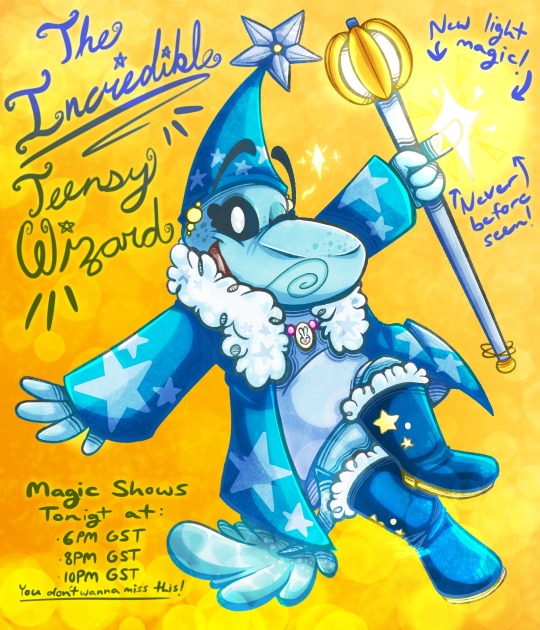
Would you watch one of her magic shows?
Progress below cut:
In the Fate of the Moons (our Rayman AU thing), her name is Willow. She' is a very famous figure around the Glade for being both powerful and charismatic. She is also the royal advisor of the Grand Minimus, often managing the diplomatic affairs from behind the throne since Minimus is oftentimes not present for those kind of things (too busy vibing with the Raygang). She has way more power than she leads on, but at least she's responsible with it.
She is also Goth's sister, but both of them don't realize that (for Wizard it's cuz Goth's trans and went missing for a long-ass time / for Goth it's cuz Wizard's trans and Goth's brain got scrambled).
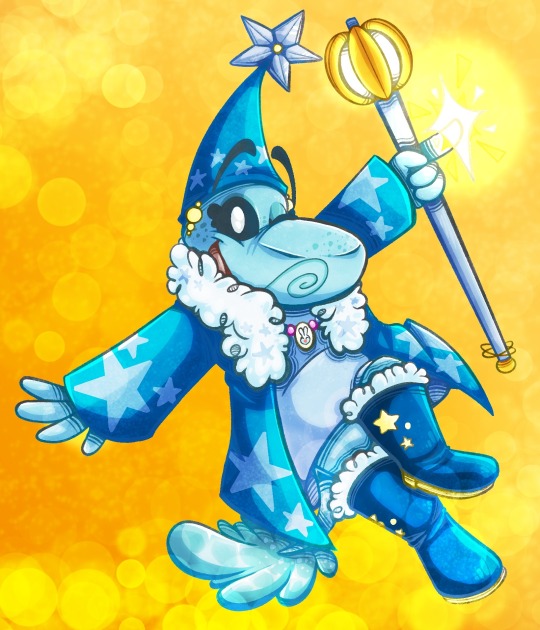
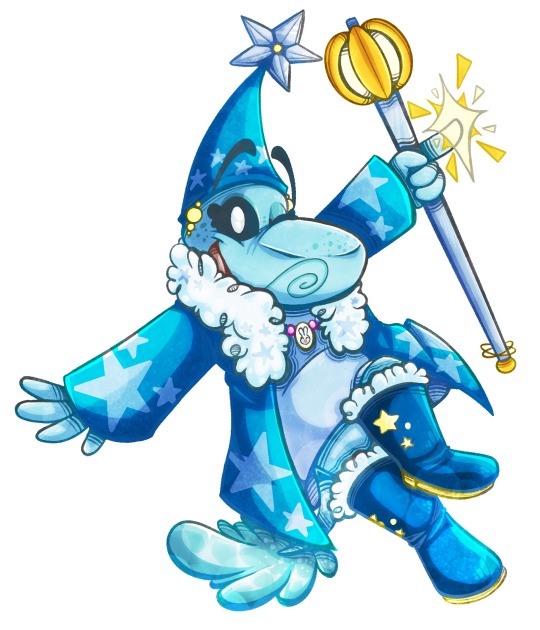
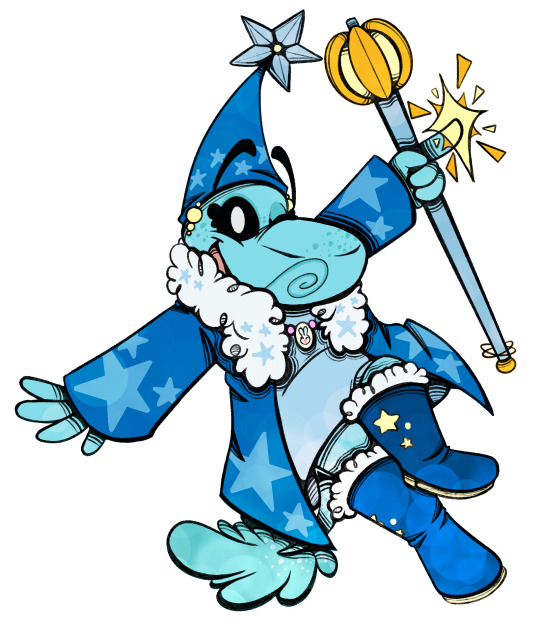
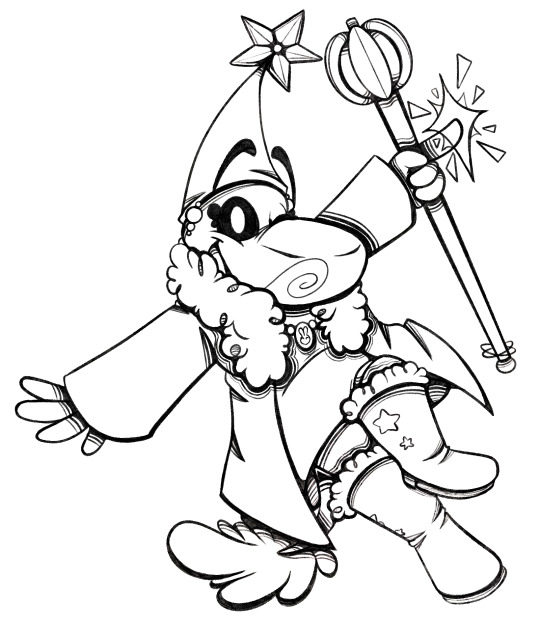
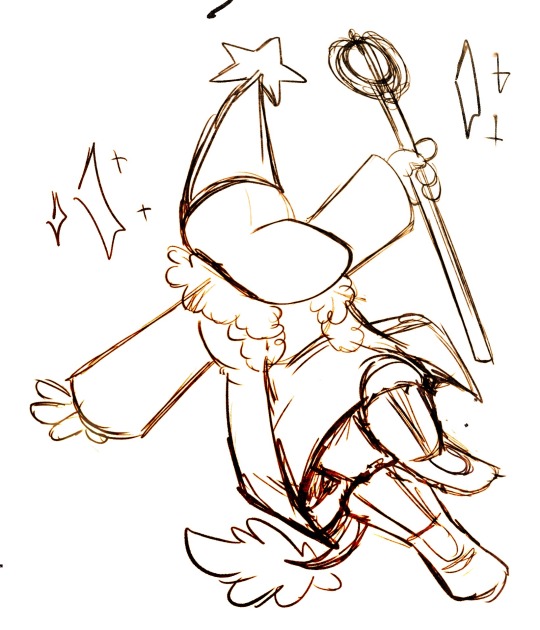
Have a lovely day homies <3
#she/her for wizard plz#i am trying very hard to normalize this hc cuz i love it#*extends hand* will you join me on this journey? /hj#thanks zynt for the hc lol ima share it for you#she and goth are twins btw#and she used to dress in a lot of orange growing up#rayman#rayman origins#rayman legends#rayman fanart#rayman teensies#teensy#teensie#teensies#teensy wizard#illustration#katiekatdragon27
37 notes
·
View notes
Text
sharks have more points than TWO (2) teams its time to start the stanley cup conversation
53 notes
·
View notes
Text
i always feel like there's such an underappreciated aspect of lumpus being the one to have feelings for slinkman (over the years) which is that there's something so Hilarious about him wanting to dump his head in a vat of acid because he's thinking stupid mushy shit, or Worse, about this Thing again

who also does not pick up on this at all and just thinks he's being weird again
#camp lazlo#talk#shipping stuff#scoutmaster lumpus#slinkman#slinkman.jpg is always there for us#you love your silly little slug don't you scoutmaster lumpus...#''an underappreciated aspect'' there's only like 3 people in the world who've ever written in-depth thoughts about them in general syd#it's just so easy for me because i also see slinkman doing anything and i'm like (holding my head in my hands) wtf#My Beloved Slinkman Calms Me Down#i think about it a lot though because before i started joining in over here#slinkman being the one with the crush is what i would see like 99% of the time#but i Literally had to actually go and plot things out for lumpus to get better before i could see slinkman liking him back#and that's also why i have this Entire larger picture here#where in the grand scheme of things i'm not even really imposing on canon in that way...#i'm not really planning for tension to be at the forefront there#its some other weird shit going on. y'know. until other stuff gets revealed in the past and the future#the whole process here is like a 30-year journey we're taking the advanced course and still not ending with anything labelled#so i do get it especially with lumpus being preoccupied with jane#and yet still not for a moment have i subscribed to slinkman having feelings first ☝️
14 notes
·
View notes
Text
It's time for: NaNoCryMo 2024!
It has been five years since I attempted to do NaNo, and this year I am BACK, ready to get some work done on an original project. For those who have not been her for previous NaNoCryMo, I love to bring my friends with me (and I'm always happy to bring more), and for the month of October, we prep for the long haul by doing a few exercises to help us out.
We’re mostly all working on original works, so if you send in asks about AnS fics-- or other fandom's fics!-- I won’t be able to prioritize answering them. But if you’d still like to help us out, I'll be posting ask memes each week to help us with character and world building, and we’d love for you to send us some asks. Most posts will be accompanied by a list of characters (different for each of us, of course) to make it easier to pick who you want to hear about.
Otherwise, I'll still be posting a few fics this month-- maybe into November, if I get a good queue going!-- and I'll be back for winter challenge at the end of December!
Other NaNoCryMo participants:
@infinitelystrangemachinex @claudeng80 @kirayaykimura @officiallallorona @balfrey
#nanocrymo#nanocrymo24#nano2024#obviously not affiliated with the garbage fire that is going on over at nanowrimo#we just like to do a good challenge every once and a while#if you'd like to join let us know!#we're always happy to take on more friends for the journey!
13 notes
·
View notes
Text
my favorite thing ever is whenever we do our weekly D&D campaigns, we’re always in a dead end somewhere. So now every time I say something stupid the rest of the party always follows me so here we are, 9 players teaming up to seduce a couple of vampires and a werewolf just because Aurelia (me) here was trying to flirt her way out of being bit and killed because that’s all she knows how to do 😭
when in doubt, just seduce the enemy and they’ll most likely let you go (unless you’re the wizard of the group who keeps rolling straight 4’s with their modifications between 1 and 5) 💅🏻
#Now we have an army of 7 NPC’s who joined us on our journey#Consisting of a vampire (elf) a dragon a dwarf 2 elf bandits one tiefling and a Dragonborn and a human warlock#I love this game so much it’s not even funny#It’s always so chaotic for no reason at all#unhinged#dnd campaign#dnd#dnd art#dnd character#dndads#dungeons and dragons#dnd oc#cleric#dnd5e#dungeons and dragons art#dnd npc#dungeons and daddies#d&d oc#d&d#d&d 5e#d&d art#d&d character#ttrpg#tiefling#bg3 spoilers#bg3 fanart#bg3#bg3 tav#bg3 astarion#bg3 screenshots
21 notes
·
View notes
Text
VALEN DIDN'T DUMP US LET'S GOOOOO
#afk valen#afk journey#new story hints that maybe Valen will join us again soon?????#PLEASE devs I miss my failwife give him back to me
18 notes
·
View notes
Text

The hardcover edition of MYRIOS -Complete Illustrated Series- is now available in many regions! Please enjoy it and welcome it kindly!
#if its not yet available in your region it will be there soon -- i actually had to order my personal copy from US to ship to CA ^^'#but i am looking forward to seeing how everything prints! i will post updates when it arrives so if you wish to see photos of an actual copy#first i will post them when it arrives.#that being said -- the project and the Myrios Series as a whole is now complete! thank you for joining me on this journey!#hardcover#authors on tumblr#writeblr#drawing#artists on tumblr#anime#drawings#mangaka#manga#original character#light novel#original character art#rkgk#artist#original characters#myrios series#myrios complete illustrated series#myrios illustration project#paperback#novel#book#bookblr#kori omoide
10 notes
·
View notes
Text
i try to reblog some images of julio torres’s FANTASMAS (2024) but i go to the tag and it’s all dylan o brien in lingerie and customer service agent soft lesbian bdsm and paul dano kissing that puppet. where’s the nightclub for gay hamsters that was torn down and replaced with a hamster cvs. where’s the guy who made the dress. you cut the little guys out of all the scenes with their roommate and there are like 50 of them. where is chester. you barely even have jaboukie. i thought you loved jaboukie
#you BARELY have natasha lyonne#and only because of how i came out to my abuela: a zappos original#i really like julio torres and i like that he lets us join his hero’s journey to get a mole checked
5 notes
·
View notes
Note
i am predicting that sunday will be a nihility character to contrast robin's harmony (hoyo PLEASEEE make him a dot buffer 🙏 i really want him but if he won't synergize well with kafka then i fear i'll have to skip...)
honestly at this point i just want sunday to be drip marketed and released and in my account 😭😭 like i will be pulling him and his lc no matter what his synergy with the charas in my account are bc i need him. carnally. and desperately.
#omg a convo !?#nonnies !!#may this journey lead us starward <3#but omg him being nihility to contrast robin....#im just super curious as to how he will be when we next see him bc he was confined but then freed?? i think??#and now its basically up to him to choose his own path so that could majorly affect his path#originally i thought he was going to be erudition but now i feel like it could be anything depending on how he goes abt it#like stellaron hunter sunday would be cool.... but then again him joining the express..... i want that....#mainly bc they have been hinting about another member joining in the future to make the crew 8 members#read: when tb was talking about wishing we had another ae member to play to games of celestial jade since we had 7 not 8#and so what IF sunday is that 8th member and his initiation is playing celestial jade bc we said so#also i think it would be so so nice for his character growth to see diff worlds with us and experience the independence humans#have within them to make peace and forge their own life as opposed to how he was forced to believe humans/everyone else#were inherently weak and needed that protection and shelter; smth gopher wood told him he could provide and be their salvation#but yes astral express crew member sunday who finds the warp jumps so baffling and he stumbles and falls and wonders how he got here#and then he watches march fail miserably in trying to stay balanced#and then he somehow finds himself growing fonder and fonder for humanity and its inhabitants and discovers his own resolve#through likeminded individuals and has this massive growth and development arc and oiulrjtlg
9 notes
·
View notes
Text
It is so crazy to me that in the year of our Duck Lord 2024, there are still StarKid fans who are only just now learning that Curt Mega was on Glee.
#starkid#team starkid#curt mega#you could also say the year of our Wizard God or Dead God or Lords in Black or in the year of our AJ Holmes (iykyk)#but as we all know. duck is lord. so i went with that.#this is because of a reply on one of Curt's recent tweets. and i see tweets of people realizing it every few months.#Curt and Tessa didn't sing 'I Wanna Be A StarKid Actor' for people to forget why Curt wanted to be one but wasn't one yet#those of us who were StarGleeks back in the day went actually INSANE when Curt was announced in the cast of Black Friday.#i know because i was one of them. i lost my mind. (and finding out Kim was joining too was another shock to my system)#watching the evolution from LeakyCon to him being in JMOMS then Tin Can Bros then StarKid was a JOURNEY.#it's times like these that i am reminded i truly am a starkid fandom elder... and it makes me feel ancient#(no shade to these fans. but this is like an INTEGRAL part of starkid lore because Curt and Kim are so involved now.)
33 notes
·
View notes